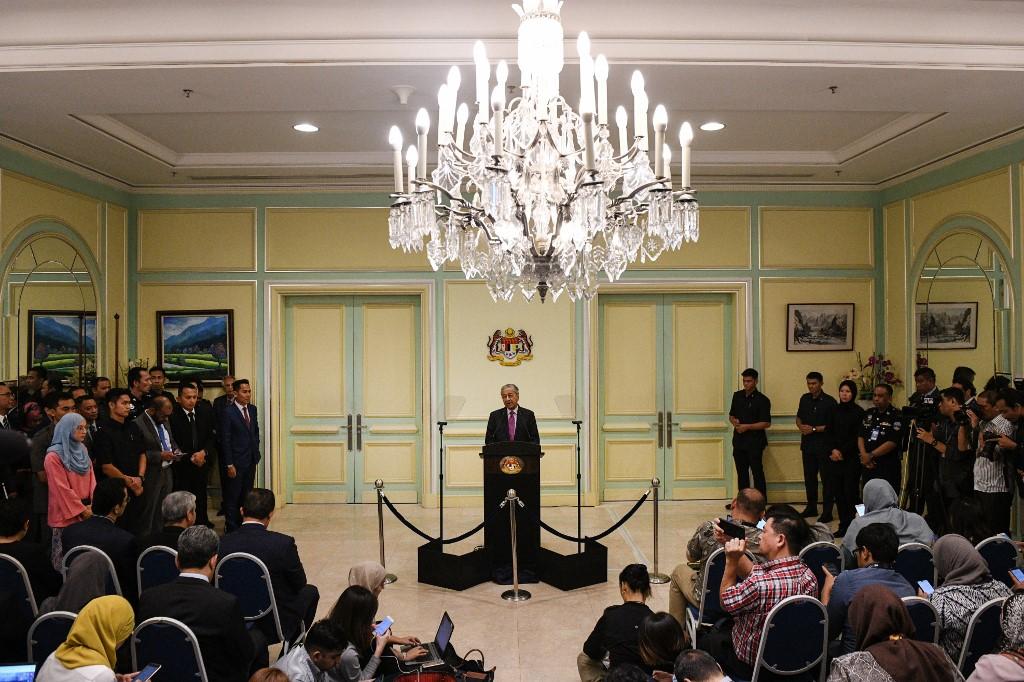Getting on in years: Behind Malaysia’s tendency towards older politicians
The political experience needed to hold positions in government comes with age, say analysts.
Just In
At the 14th general election in 2018, Malaysia made history when Dr Mahathir Mohamad was elected as prime minister for a second time at the grand old age of 93.
Although he was the country’s oldest leader by far, he was hardly the only one long in the tooth – Malaysia has had many elderly leaders since achieving independence.
A political analyst to whom MalaysiaNow spoke referred to the concept of “gerontocracy”, meaning a state, society or group governed by old people.
Shamsul Amri Baharuddin of Universiti Kebangsaan Malaysia said all of Malaysia’s prime ministers, from Tunku Abdul Rahman to Muhyiddin Yassin, had taken up the position at over 50 years of age.
“The four senior ministers in the Cabinet are also from 50 to 70 years old,” he said, referring to the ministers holding the economy, security, infrastructure development, and education and social portfolios.
Shamsul’s comments come in the wake of a debate on social media on Muhyiddin’s government, the majority of which comprises older leaders.
In politics, Shamsul said, age is not a big problem as the power to govern is distributed according to maturity and political experience.
He said there is a naturally occurring line between the two which emerges due to the process of political succession.
“It’s not a question of old or young. Age is not important.”
“Those who join politics in Malaysia need to enter into specific wings to gain exposure to the political pattern from the lowest rung to the highest level of leadership,” he added.
“It is no surprise that nearly all local political parties have youth and women’s wings. This is the way the parties have been structured, to train up young leaders.”
When it comes time to take on government positions, he said, the individuals would have gained enough experience.
“But yes, they will also be old,” said.
He gave the example of former prime minister Najib Razak, who held various positions before being elected as the country’s sixth leader including the post of Pahang menteri besar.
Problems arise when individuals join politics at the federal level without going through this process, he said.
He referred to former youth and sports minister Syed Saddiq Syed Abdul Rahman and former education minister Maszlee Malik whom he labelled as “problematic” young leaders.
“Imagine – to the point where he was stopped from being a minister,” he added.
“So it’s not a question of old or young. Age is not important. It’s the experience that will mature them.”
Australia-based analyst James Chin sees two main reasons why veteran politicians continue to hold positions in government.
The first, he told MalaysiaNow, is due to a system of “patronage” through which individuals are raised to high positions thanks to a combination of factors including money.
Younger politicians who lack the resources are left behind, he said.
“The second reason Malaysia still has a lot of old leader is because many Asian countries have a conservative attitude which links age with wisdom.”
For Shamsul, education also plays a role. He said other countries are able to have young leaders because their education system gives them the experience needed at an early stage, especially at school and university.
He spoke of Finland, which saw Sanna Marin become prime minister at the age of 33, saying this was not strange as she had gained the necessary experience as a student leader at university.
Subscribe to our newsletter
To be updated with all the latest news and analyses daily.
